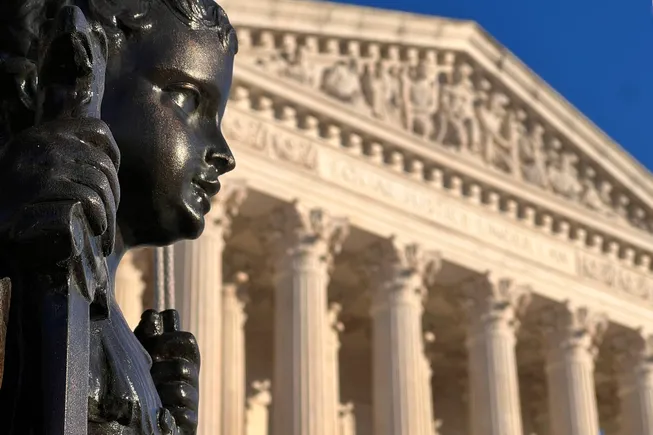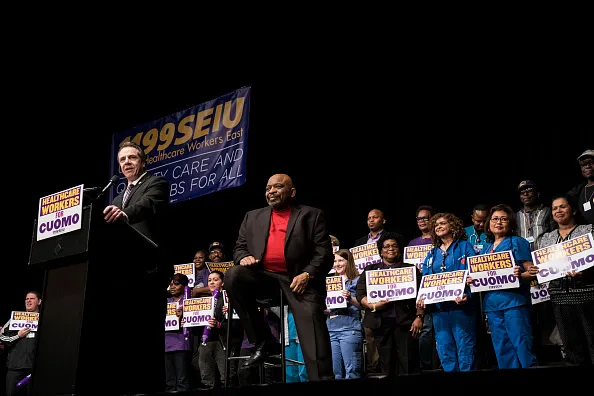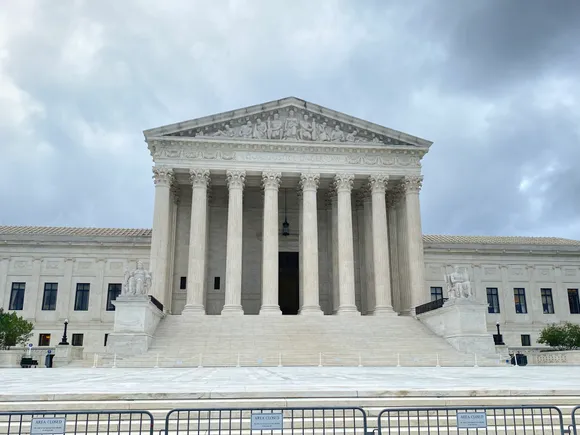A majority of U.S. Supreme Court justices may be receptive to a food wholesaler’s stance that employers need not show “clear and convincing evidence” to demonstrate that the Fair Labor Standards Act’s overtime exemptions apply to a given employee — and that employers could instead do so by meeting a lower evidentiary standard.
During oral arguments Tuesday in E.M.D. Sales, Inc. v. Carrera, petitioner’s counsel Lisa Blatt said that nothing in the FLSA’s text suggests that Congress intended for a higher evidentiary standard to apply to the law’s overtime exemptions. She also argued that the high court has not previously required employers to meet such a standard in similar, previous cases.
“This Court has reserved the clear and convincing standard to deprivations by the government of critical rights that don’t involve money damages,” Blatt said. “This Court has never allowed plaintiffs to use a clear and convincing standard as a sword, and it certainly has never read a clear and convincing standard into a statute for money damages.”
Blatt also argued that the fact that overtime pay rights are not waivable did not have any bearing on the standard of proof that parties must show.
Case background
E.M.D. Sales, Inc., sought to classify three sales representatives as outside salesmen exempt from the FLSA’s overtime requirements. According to the company’s writ of certiorari, a Maryland district court held that the employees were not outside salesmen and that E.M.D. Sales was required to show, through clear and convincing evidence, that the exemption applied.
The 4th U.S. Circuit Court of Appeals upheld the decision, stating that circuit precedent required employers to demonstrate that such exemptions apply under a “clear and convincing evidence” standard.
But both Blatt and Aimee Brown, assistant to the solicitor general at the U.S. Department of Justice, argued that Congress did not specifically speak to the standard of proof in the FLSA’s overtime exemption. And in such cases, “this Court has long recognized that the preponderance of the evidence is a default rule for civil actions,” Brown said.
Lauren Bateman, arguing as counsel for the respondent employees, said that when neither the Constitution nor a statute sets a standard of proof, the judiciary must decide. In the case of the FLSA, she continued, the court must apply the clear and convincing standard to carry out the law’s public purpose of protecting workers’ wages.
“It’s also appropriate because employers are likely to possess and control evidence relevant to these kinds of factual determinations,” Bateman said. “And employers can and sometimes do manipulate evidence in their favor, such as job descriptions or titles. Unchecked, these factors lead to disproportionate errors of fact finding in favor of employers.”
Brown countered the respondents’ public policy arguments by noting that the FLSA’s workplace protections are “materially similar” to those in other laws like Title VII of the Civil Rights Act, but that the court has previously recognized that such protections “are adequately protected by the default standard of proof.”
Court’s reactions
Multiple members of the court questioned the respondents’ positioning of the FLSA as a statute that requires a higher standard of proof. Justice Samuel Alito, for example, contrasted the law’s overtime provisions with that of other statutes, such as those governing welfare benefits or occupational licenses. Chief Justice John Roberts similarly compared the FLSA’s purpose with that of the Clean Water Act.
“Would you have us say that none of those can rise to the level of importance that is present when what’s involved is overtime payments under the FLSA?” Alito asked.
Bateman responded that the FLSA’s overtime protections’ non-waivability, breadth, remedial nature and statement of purpose all support the premise that a higher evidentiary standard applies.
What case could mean going forward
The outcome of the case could weigh heavily on how overtime exemption disputes will be resolved on the merits, Ted Hollis, partner at Quarles & Brady told HR Dive in an email. It could also affect the stages at which such disputes are resolved.
“If a clear and convincing standard applies then many more cases may be [driven] to an early settlement or trial, whereas a preponderance of the evidence standard means summary judgment is more likely to be granted and employers may have less incentive to settle early in litigation,” Hollis said.






Leave a Reply